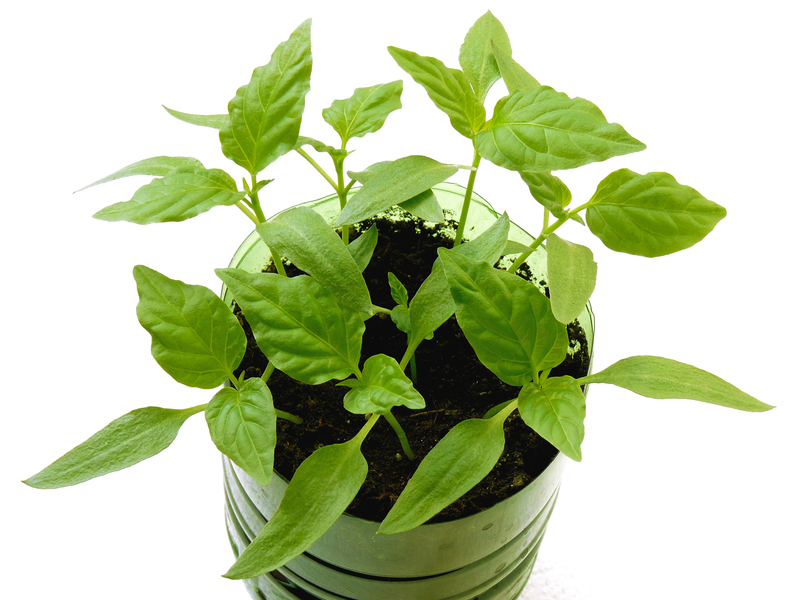Posted on 18/11/2024
Recycling education for kids is a vital part of creating a sustainable future. By instilling recycling habits early on, we can nurture a generation that is conscious of its environmental impact. This article will explore effective methods to teach children about recycling, provide helpful tips, and discuss the benefits and drawbacks of recycling education for kids.
Why Teach Kids About Recycling?
Teaching kids about recycling is essential for several reasons:
- Environmental Awareness: Kids learn the importance of protecting our environment.
- Responsibility: Children understand their role in waste management.
- Habits Formation: Early education helps build lifelong sustainable habits.
- Community Impact: Educated children can motivate families and communities to recycle more.

Effective Methods to Teach Recycling
Here are some effective ways to educate kids about recycling:
Interactive Activities
Interactive activities like sorting waste, craft projects using recyclable materials, and games can make recycling education fun and engaging.
Educational Programs
Schools, community centers, and online platforms offer various educational programs focused on recycling. These programs often include activities, videos, and quizzes that make learning enjoyable.
Books and Stories
Books and stories that revolve around recycling can capture children's imaginations and impart valuable lessons. Many children's books are now available that teach the importance of recycling in a fun and memorable way.
Tips for Parents and Educators
Below are some tips for parents and educators to effectively teach kids about recycling:
- Lead by Example: Children mimic adult behavior. Show them how you recycle at home or at school.
- Set Up a Recycling Station: Create a designated area for sorting recyclables, and let the kids take charge of managing it.
- Use Visual Aids: Charts, posters, and infographics can help kids easily understand what can and cannot be recycled.
- Incorporate Technology: Use apps and online games focused on recycling to make learning entertaining.
- Reward System: Implement a reward system for consistent recycling efforts, like earning stickers or small prizes.
Pros and Cons of Recycling Education
Pros
- Environmental Benefits: Promotes waste reduction and conservation of natural resources.
- Sustainable Habits: Encourages the development of long-term eco-friendly practices.
- Community Awareness: Fosters a sense of community and shared responsibility toward the environment.
- Educational Value: Enhances children's knowledge and understanding of environmental science and sustainability.
Cons
- Initial Costs: Setting up recycling programs and stations can require an initial investment.
- Complexity: Understanding what can and can't be recycled can be confusing for children.
- Contamination: Improper sorting can lead to contamination, making recycling efforts less effective.

Key Takeaways
- Early recycling education is essential for fostering environmentally conscious adults.
- Interactive activities, educational programs, and books are effective teaching tools.
- Parents and educators should lead by example and incorporate visual aids and technology in their teaching methods.
- While recycling education has many benefits, it also comes with challenges that need to be addressed.
Conclusion
Recycling education for kids is a crucial step towards creating a more sustainable world. By instilling the principles of waste management and environmental protection from a young age, we can ensure that future generations continue to prioritize the health of our planet. Despite some challenges, the pros of teaching children about recycling far outweigh the cons. By using effective methods and helpful tips, educators and parents can make recycling education both fun and impactful.
Latest Posts
Tips for Proper Disposal of Regular Waste
Garbage Cleanup Bags - Efficient Skip Substitute

































 Get a Quote
Get a Quote